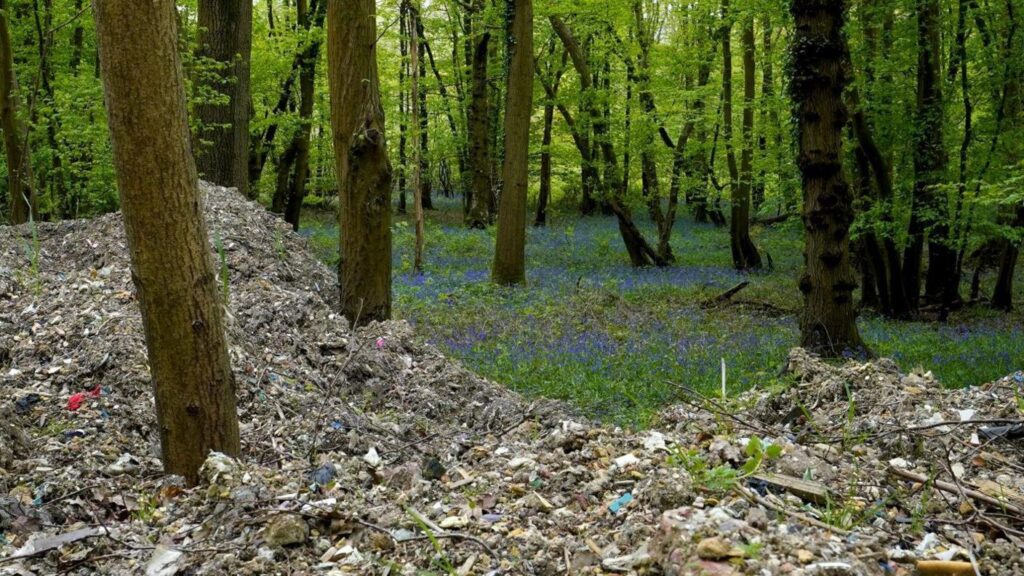Lincolnshire-based plastics recycler ECO Plastics has voiced concerns that the Materials Recycling Facility Code of Practice will be doomed to failure if not made mandatory for all MRF operators.
The company, which reprocesses a large proportion of the plastic collected for recycling in the UK, made the comments in its response to the governments public consultation on the Code, which began on February 1 and ended on Friday (April 26).
.jpg)
The Code is intended to improve the quality of the material produced by MRFs by making operators of MRFs over a certain size to measure the quality of their inputs and outputs. Results from these tests would then be made available for businesses in the supply chain.
ECO Plastics comment come alongside those of waste firm SITA UK and the Local Authority Recycling Advisory Committee who called for the minimum threshold level for quality testing to be lowered from the 1000 tonne-a-year level suggested by Defra.
Meanwhile the company also called for a robust testing regime that would see results made publicly available to ensure that MRF operators are complied with the quality requirements.
Jonathan Short, managing director of ECO Plastics, said: We have submitted our response to the governments consultation and in that we have made clear in no uncertain terms our view that the Code of Practice is doomed to failure if firms can simply opt out.
‘The fact that some reprocessing markets can still accept a high degree of contamination means that those companies which choose to comply with voluntary standards will be undercut by their competitors.’
Jonathan Short, ECO Plastics
The fact that some reprocessing markets can still accept a high degree of contamination means that those companies which choose to comply with voluntary standards will be undercut by their competitors. If they are forced to decide between maintaining quality and going out of business, you can predict which option they will choose. The scheme will collapse unless all MRFs have to meet minimum standards.
Of course, introducing standards on their own is highly unlikely to have the desired result, we also need to ensure that those standards are being met.
LARAC
Meanwhile, the body representing council recycling officers, the Local Authority Recycling Advisory Committee (LARAC), called for the minimum output level at which the regulations apply to be raised.
In its existing form the Code will only apply to MRFs with an output over 1000 tonnes per year, but LARAC claims that this could lead to small scale-low quality operations undermining legitimate MRFs.
In its response, the organisation noted: 1000 tonnes seems an arbitrary figure. There is a risk that small scale, low quality operations could set up and undermine those that follow the Code of Practice and will not meet the standards needed for either reprocessing in the UK or shipment abroad.
However there is a need to ensure that very small enterprises such as community or third sector schemes are not unduly hit, there should be a mechanism for these to make a robust case for not being covered by the Code of Practice but these should be very exceptional cases.
SITA
Calls for the minimum threshold level for MRF monitoring to be raised have also been backed by waste management firm SITA UK. In its consultation response SITA argued that some MRFs may accept low volumes of high value material, meaning that the need for quality monitoring would still apply.
It said: On principle, we do not agree that a regulated MRF should be exempt from all measurement, sampling and reporting requirements. There could well be circumstances where a site accepts low volumes of a material with a high market value (for example, certain types of plastic). Low throughput is not necessarily synonymous with low value output, nor with a lack of interest on the part of end-users in the quality of that output.
As a result, the company argued that lower throughput facilities should be subject to a reduced quality testing schedule.
The Code is set to be delivered through changes to the Environmental Permitting Regulations (England and Wales) which will come into force on April 6 2014.







Subscribe for free